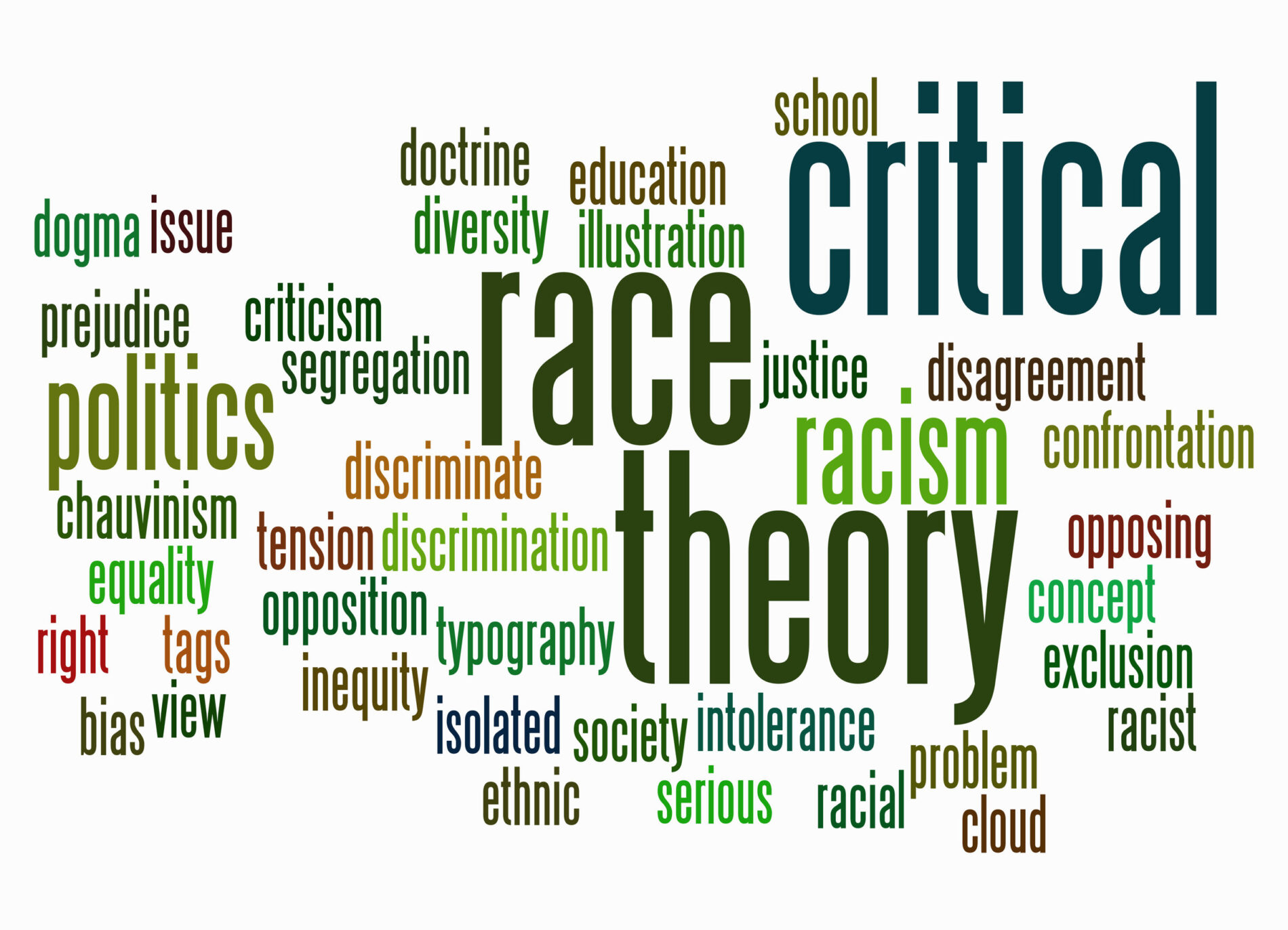The Douglas County Commission has been presented a 5-year Strategic Plan to address homelessness in the county that includes a program of reparations to solve the issue of a lack of affordable housing.
Commissioners took no action on the issue, presented by Assistant County Administrator Jill deVries Jolicoeur.
We sent the following questions to Commissioners Patrick Kelly, Shannon Reid, and Karen Willey:
- Is your priority to address homelessness based on race?
- Will reparations be available to all blacks, or just those who are homeless?
- How much is anticipated to be paid to each person?
- How will the reparations program be funded?
- What incentives to be paid by taxpayers are contemplated for developers to build the “affordable housing?”
We did not receive a response from any of the elected officials.
It’s interesting that county commissioners are concerned about the lack of affordable housing, as their actions over the years are partly to blame for the cost of housing. Commissioners have increased property tax by 474% since 1997 through a combination of mill rate and valuation increases. That is almost five times the combined rates of inflation and population change over the period.

A review of the plan is similar in tone to those which have gained national attention advanced for the City of San Francisco, with its emphasis on equity of outcomes, and Evanston, Illinois, also initially focusing on access to housing (and no mention of reducing property tax to make housing more affordable).
The overall objective as stated in the 59-page report:
“By 2028, create a system that achieves functional zero (fewer than 3 people experiencing chronic homeless at any given time) through policy, system, and environmental changes resulting in all Douglas County residents having access to the fundamental human right of safe, accessible, attainable, and affordable housing, and which homelessness is a rare and brief occurrence.”
The Douglas County plan intends to focus on a “personal or environmental factor known to contribute to the issue (of homelessness) including:
- Equity and Inclusion
- Affordable Housing
- Supportive Housing
- Systems
- Emergency Shelter
The plan is geared toward supporting these populations “to reduce disparities and optimize equities”
- Individuals experiencing chronic homelessness
- BIPOC (Black, Indigenous, and People of Color, including Latinx/Hispanic, Asian and Pacific Islander, and Middle Eastern/North African) individuals/households experiencing or at- risk of homelessness
- LGBTQ+ individuals/households experiencing or at-risk of homelessness
- Families w/ children under 18
- Single-parent, female-headed households
- Justice-involved/formerly incarcerated residents
- Individuals with Intellectual and Developmental Disability (IDD) in institutional setting
- Low Income seniors
- Transitional Youth, Unaccompanied Minors, and Youth aging out of foster care
- Individuals with substance use disorder (SUD) and severe and persistent mental illness (SPMI)
- Survivors of domestic violence, human trafficking, and/or stalking
- Immigrant individuals/households
- Individuals with English as second language
- Individuals with disabilities
As part of the strategies to achieve the goal of reducing homelessness the proposal recommends policymakers:
“Research and develop a plan for a local reparation program to address racial disparities within Douglas County”. Among the suggested resources to use to develop the plan is the Othering and Belonging Institute at the University of California – Berkeley.
Although no action was taken by commissioners at the “information session” in late March, the target date for implementation of the reparations program is July of this year.



